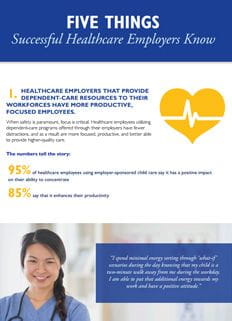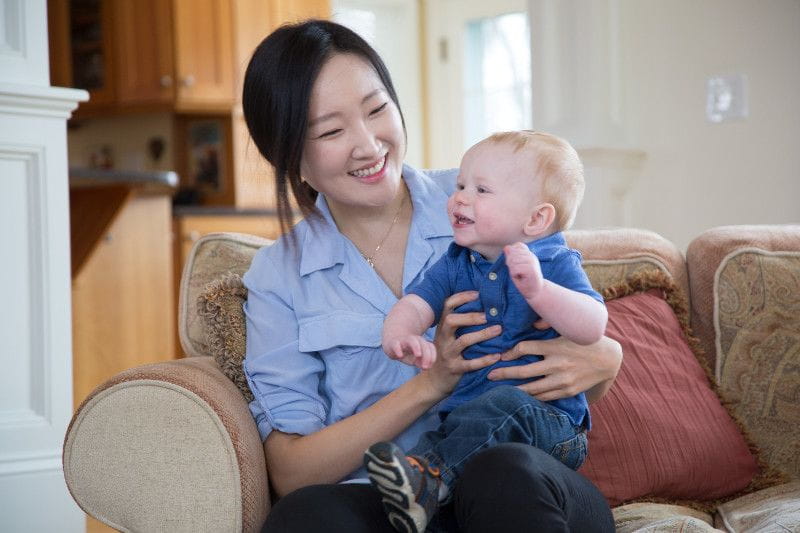The news dropped on Boston parents like a stone – no live classes at the start of the new school year.
“Ending weeks of uncertainty for parents and teachers,” wrote the Boston Globe, “city officials said Friday that students in the Boston Public Schools would start the school year at home next month, but could return to classrooms in waves by grade level and by need in October and November.”
Even for parents nervous about school reopening, the confirmed reality – that there would be no relief anytime soon -- was deflating, reinforcing another hard fact about the pandemic: that for working parents, it’s not just a practical problem; it’s a psychological one. “This felt OK when this was just going to be a few weeks,” one parent told the Boston Globe way back in March when parents were still imagining the salvation of summer camp. “Now, not knowing there’s an end in sight? It’s pretty daunting.”
To be sure, nationwide, the child care shortage is leaving a deep mark that needs to be addressed – both for parents and the economy. Report after report shows that working parents’ production and skills are essential to a strong recovery. Yet, “About 13% of working parents have quit or reduced their hours in the last few months because of childcare conflicts,” wrote Jen Colletta of Human Resource Executive (HRE), citing a recent employer study. “Another quarter of those surveyed are considering leaving, and about half are hoping to modify their work schedule.”
These are potentially seismic shifts to the workforce – happening virtually overnight. And it explains why the subject is dominating HR conversations. Research analyst Ben Eubanks recalls a recent panel discussion that took a hard right turn from its intended focus on digital transformation. “Instead,” wrote Ben, a working dad himself who’ll be hosting an upcoming panel on the subject of working parents, “nearly half of the HR professionals were commenting on the personal and professional challenges of working without childcare, supporting kids as they return to school, and trying to balance work and life in a time where it seems there’s no visible boundary between the two.”
Fortunately, employers are responding with new and impactful programs. Direct caregiving assistance is increasingly common, including access to child care—made affordable by subsidies – as well as tutoring, nanny-placement services, back-up care, and supervised small group learning environments.
Progressive employers are also taking steps to alleviate the psychological toll: the exhaustion and burnout that stems from a situation that seems to be all middle, and no end. Rounding out HRE’s “8 trends in employer support for the child care crisis” are answers for the other side of the pandemic; the emotional side; the well-being, sleep-deprivation, and anxiety that go hand-in-hand with the uncertainty, and that create additional obstacles to performance. “Many employers are turning to science-backed applications that promote better sleep, activity levels and nutrition,” wrote HRE, “to help employees cope with the physical, mental and emotional stress of the childcare crisis.”
It’s all part of what HRE calls a ‘menu’ to make sure people get what they need.
“Previously, employers may say, ‘This is our approach and here’s a great solution,’” our own Nigel Birtwistle, head of client services, said on an HRE webinar earlier this month.
“Now, however, they’re offering more of a choice. They’re giving employees the option to select programs and solutions that fit their needs and their preferences.”
LinkedIn Live on 9/1: Childcare, School, and the Workforce: Practical Ideas and Insights
Join us for a livestream with Ben Eubanks of Lighthouse Research & Advisory as we dive into the challenges of working without child care - and what employers can do to help.





